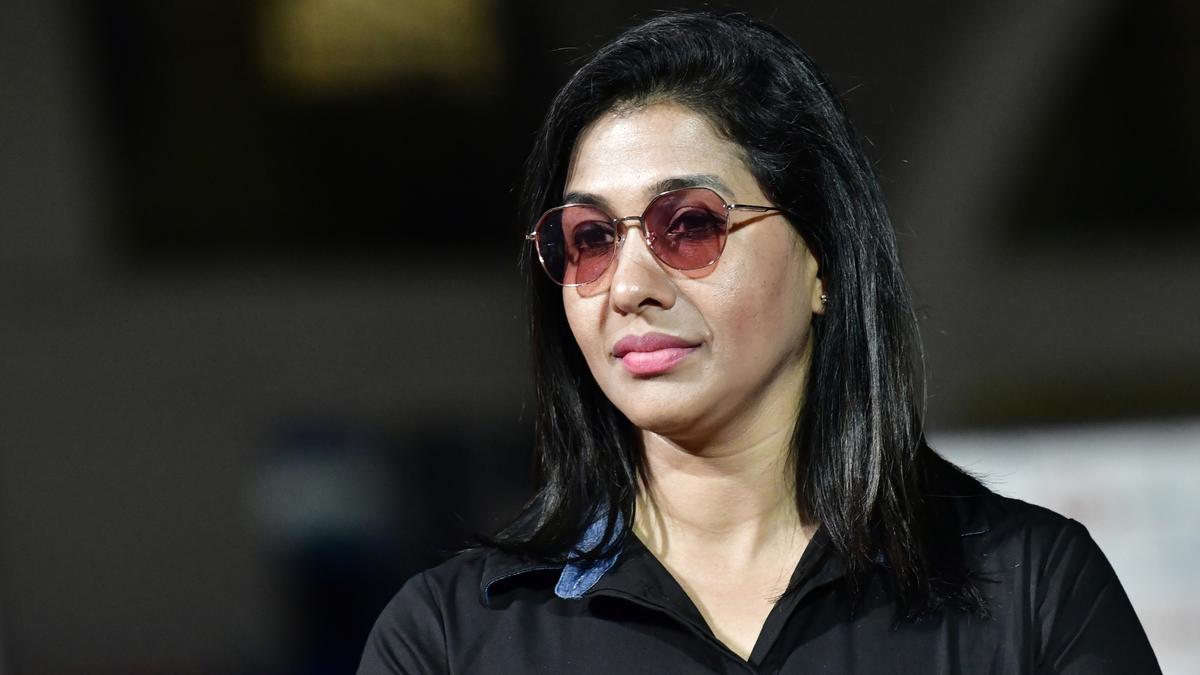
Curbing the doping scourge: Anju Bobby George, Ashwini Nachappa have their say Premium
The Hindu
Anju Bobby George and Ashwini Nachappa discuss doping in Indian athletics, highlighting challenges faced by young athletes and coaches.
Anju Bobby George was 26 when she created history, winning the long jump bronze at the 2003 World Championships. She went on to claim silver at the 2005 World Athletics Final — upgraded years later to gold after Russian Tatyana Kotova was suspended — which makes the now 47-year-old one of Indian athletics’ most decorated and, more importantly, clean achievers.
For a country that consistently figures in the world’s top-three for doping cases, ironically without the results to show for it, these things matter. And so when Anju, now an administrator, admits it is an immense challenge to ensure young athletes stay clean, one is forced to pay attention.
“The challenge is very different with the new generation. Certain things that I am experiencing now, at the age of 45-46, they are already going through at 20! Honestly, I don’t know what the reason is or even if there is one or a combination of factors — food habits, the environment, social changes or something else,” the Athletics Federation of India (AFI) senior vice-president told The Hindu.
Indian athletics has come a long way since Anju’s time. The ease of access to information from across the world means ignorance is no longer an excuse. If anything, there is too much information and not enough guidance to filter the good from the bad.
The AFI has been fairly open to foreign coaches and support staff, and has worked to bring more youngsters into a formal system. The results are showing up only now, none bigger than Neeraj Chopra’s Olympic gold, which broke open the floodgates for Indian athletes dreaming big. Unfortunately, it also fuelled the desperation to make it big, fast.
“During our times, our schedule was simple — train, eat, sleep, repeat. It is not a complaint, we know the world has changed but every coach is concerned about the amount of time kids are spending on other stuff — they are on the phone constantly, which affects rest and sleep cycles.
“To an extent, there is an overload of information. Youngsters want to reach the top very fast, they see others doing it and believe they also have to do it. There is the obvious physical challenge of competing at high levels but that mental pressure is also there. The physiological and biological changes they are facing is different from our times and this is a new challenge,” Anju, who runs the Anju Bobby George Sports Foundation with her husband Bobby, admitted when asked about the doping menace.











